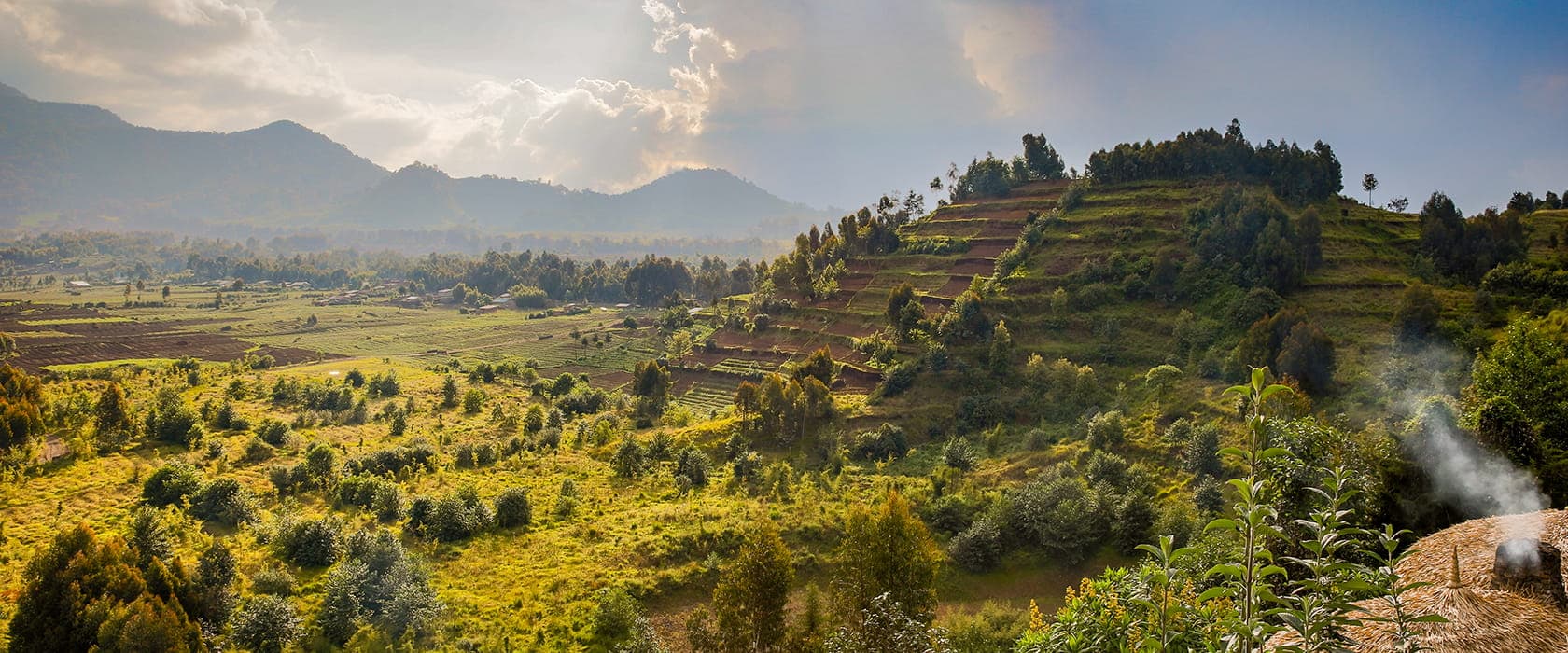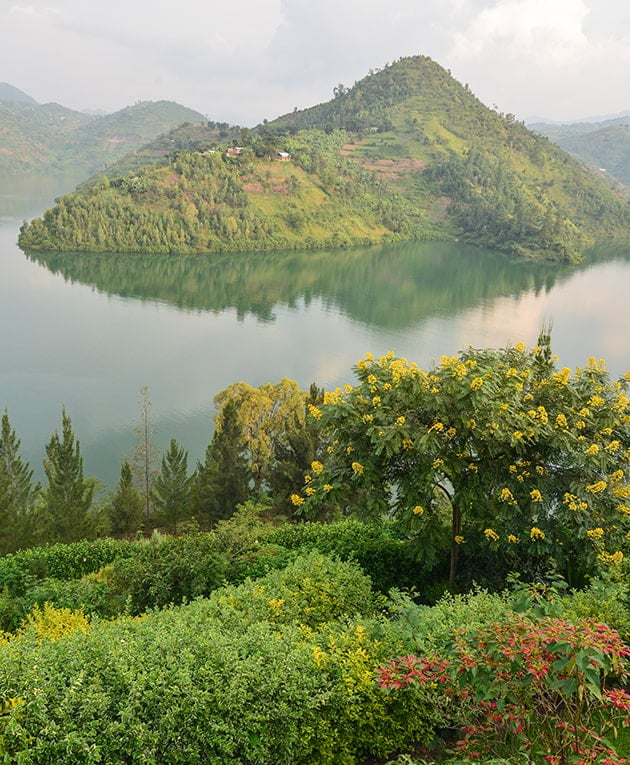-
Popular search terms
A Comprehensive Guide to Studying in:
Rwanda

Since the turn of the 21st century, Rwanda has slowly become one of the safest, least corruptible, and forward-thinking nations in Africa. It has one of the fastest-growing economies in the world as well as pioneering environmental policies that include a total ban on the production and use of plastic bags and a series of protective measures for its sweeping national parks. A lot of the progress that the country has made in recent years can be attributed to its Vision 2020 plan, a series of objectives set out in 2000 to transform Rwanda into “a knowledge-based, middle-income country” by 2020.
One of the stated aims of Vision 2020 was to make Rwanda an attractive place to do business – the success of which is evident in the fact that the country now ranks #29 in the World Bank Ease of Doing Business Index, the highest-ranked country in Africa by far. All of these factors mean that studying in Rwanda is an increasingly popular option for international students. Both tuition fees and living costs are extremely affordable within a global context, while increased investment in the country’s higher education sector is resulting in rapid improvements in teaching standards, facilities, and international prestige.

Frequently Asked Questions
FAQ
Did You Know? Fun Facts About Rwanda
- 1 Rwanda is the most densely populated country in Africa.
- 2 64% of Rwanda’s parliament is female, the highest rate of any country in the world.
- 3 Plastic bags are banned in Rwanda.
- 4 Rwanda has the world's 15th-fastest-growing economy.
- 5 Although English isn’t traditionally spoken by a high proportion of the population, it has been the official language of educational instruction since 2008.
Which Visas & permits do i need in Rwanda
If you are from an African country, you will be issued a visa, free of charge upon arrival in Rwanda. The duration of your visa can range from 90 days to six months depending on your country of origin. International students coming from outside Africa will need to apply for a visa at the Rwanda Embassy in their home country. Rwanda does not offer any specific student visa and you will need to apply for a travel visa instead. You will be issued a 90-day travel East Africa visa which you can renew in Rwanda. The cost of a visa depends on the country you are from. US citizens pay about US$100 for a visa. It is best to contact the Rwanda embassy in your country for more specific information.
To work in Rwanda, you will need to apply for a work permit. Skilled workers are in high demand and the Rwanda government facilitates work visas for international graduates who wish to continue living and working in the country.
Banking in Rwanda
In most cases, you should be able to easily open a student bank account in Rwanda. Banks present in Rwanda include Ecobank, GT Bank, Equity Bank, Kenya Commercial Bank, Access Bank, and Bank of Africa. Many banks offer student accounts – for example, the Bank of Kigali in Rwanda offers students the opportunity to open a bank account free of charge with no maintenance fees. You will need to contact the local branch of your bank to get more information. Common forms of payment in Rwanda are cash and credit cards.
What do I need to know about healthcare in Rwanda
Health insurance is not required by law in Rwanda. However, international students are advised to apply for private health insurance coverage from their home country before entering Rwanda. Private international insurance costs around US$150 per semester and it is recommended that you purchase full coverage. Your university may also make recommendations and assist you with the necessary paperwork.
Housing options for students in Rwanda
It is uncommon for your university in Rwanda to provide on-campus accommodation. However, the international office at your university can usually help you in your search. Rwanda offers a range of affordable housing options. In Kigali, you can find comfortable accommodation for US$200-500 per month. A one-bedroom apartment in the city center typically costs around RWF412,000 (US$403) while a one-bedroom apartment outside of the city center costs around RWF 240,000 (US$235) per month.
What are the public transport options in Rwanda
In major cities such as Kigali, transportation has significantly improved in recent years. Kigali has a stable and very affordable bus service. Locals living in Kigali also use two taxi apps similar to Uber, called Move and Yego Cabs. The use of bicycles is another popular option in cities like Kigali. However, Rwanda’s hilly terrain means that bicycling is not always the most convenient option.
Driving is another great way to get around Rwanda. You can drive in Rwanda with an International Driving Permit and will have no trouble finding a car rental service in large cities. Rentals typically start at RWF10,000 (US$9.80) per day.
How much does a Big Mac cost in Rwanda
The Big Mac Index was invented by The Economist in 1986 as an informal way of measuring the purchasing power parity (PPP) between two currencies. Unfortunately, the price of a Big Mac is unknown in Rwanda, as there are no McDonald’s in the country.
To get a sense of living costs in Rwanda, the estimated monthly costs for an international student will be somewhere around RWF440,000 (US$430). Rwanda is one of the least expensive countries in the world.